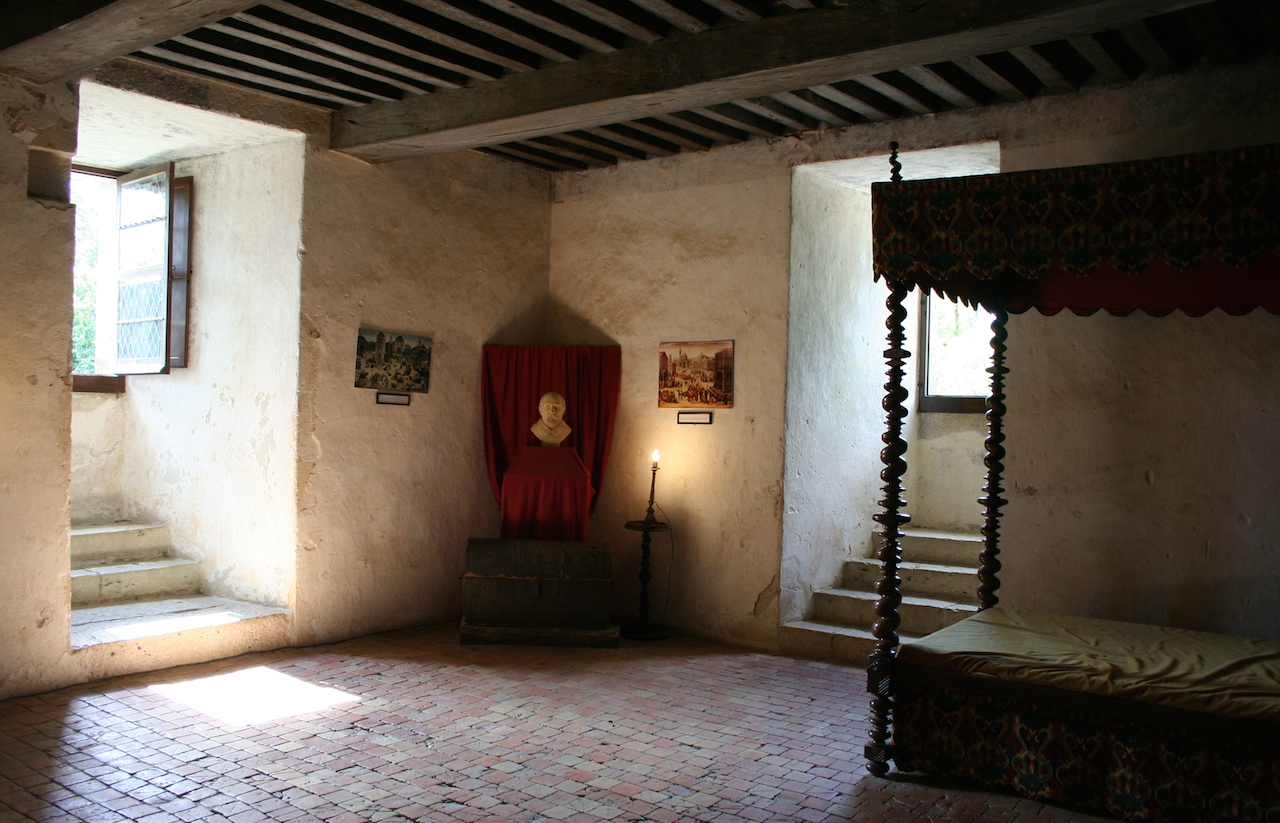In 1575 Michel de Montaigne said, “The boy we would breed has a great deal less time to spare; he owes but the first fifteen or sixteen years of his life to education; the remainder is due to action”. We ought to return to this thought and apply it to our current public education system. High school education just lasts too long. Think about your average junior or senior in high school. Many of them spend most of their time not working for society, but instead feeding off it like leeches to support their habits of keeping up with popular culture and playing practical jokes on each other during the weekends. Yes, this is a gross generalization of the way high school students spend their time to which a myriad of counterexamples could be adduced. But at my suburban Portland, Ore area school, this description just about fits the bill.
Login to read more
Sign in or create a free account to access Subscriber-only content.
Topics:
